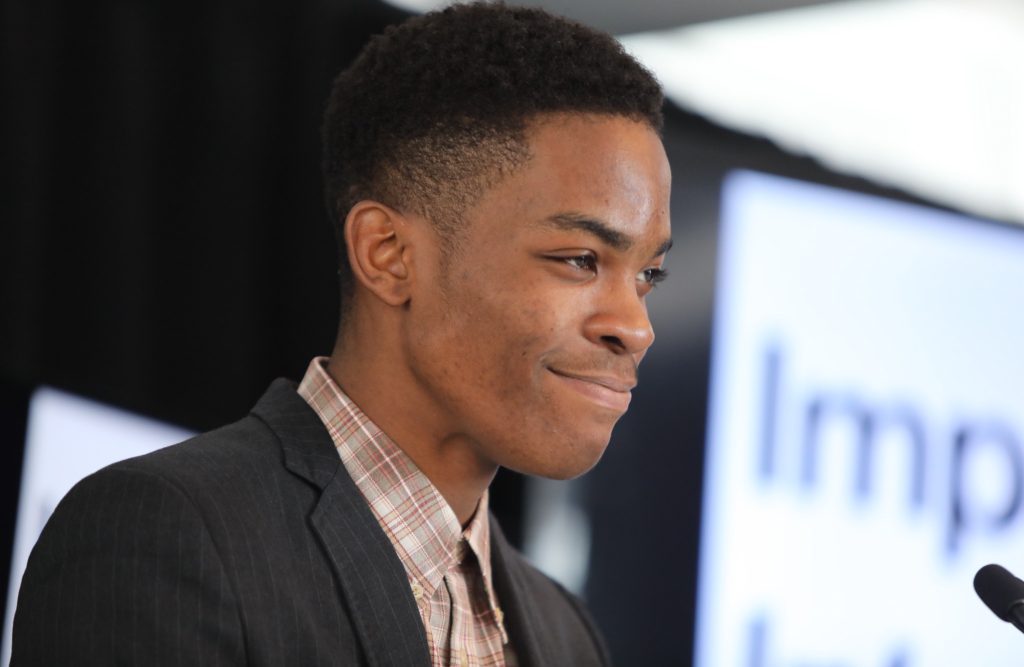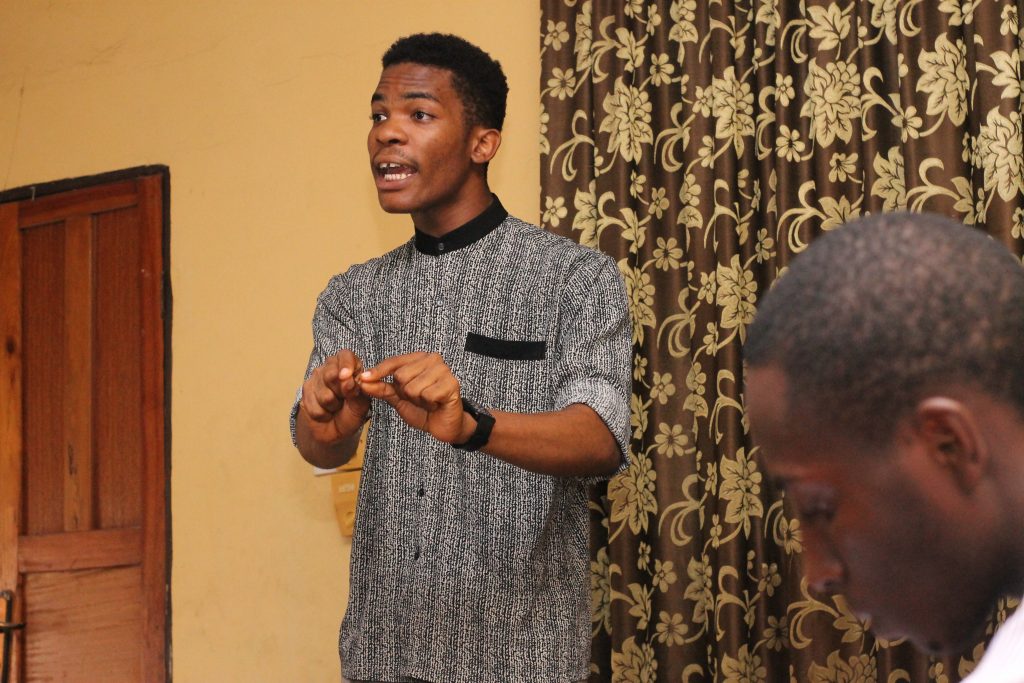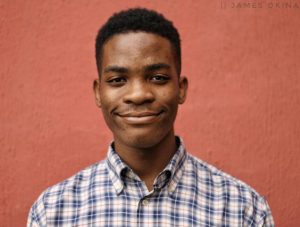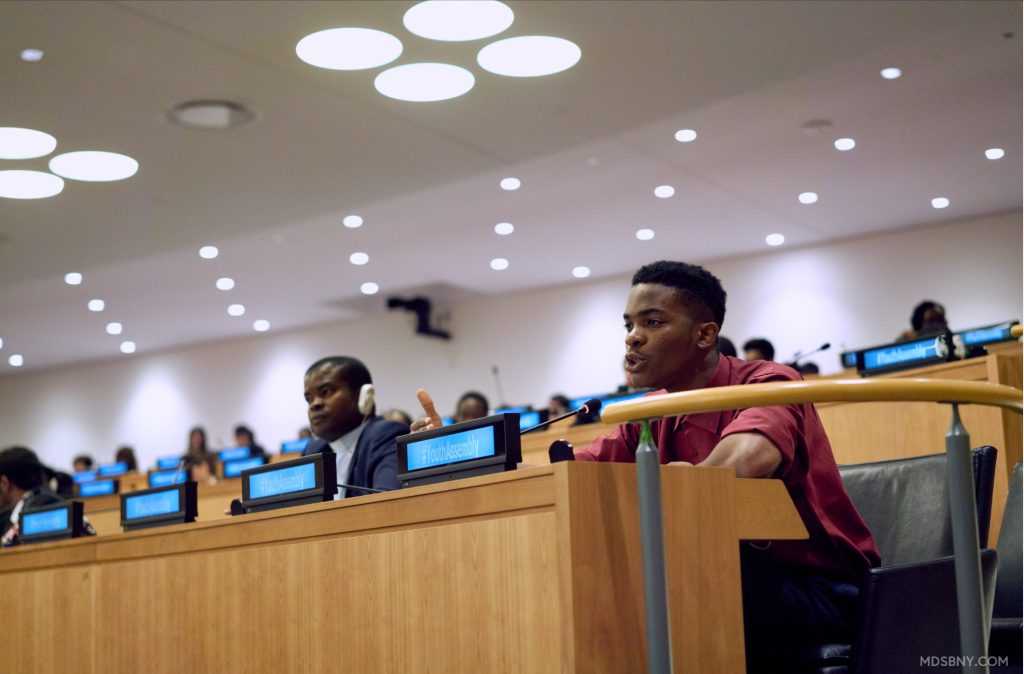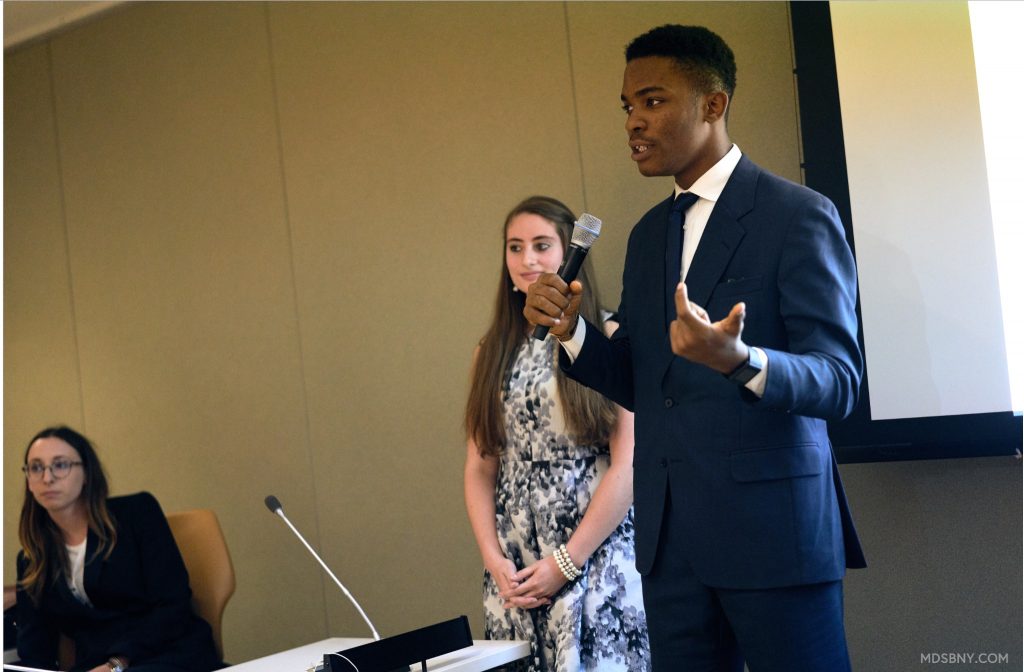Young Kennedy Ekezie is truly a force you would want to reckon with.
Hi! I’m sure people are itching to know who you are. Can you introduce yourself?
I am Kennedy Ekezie-Joseph, a final-year student at the Department of Philosophy in University of Calabar, Nigeria. I am the Founder of the Calabar Youth Council for Women’s Rights; a non-profit that creates awareness and carries out advocacy for the rights of women in Nigeria – and globally. Beyond these, I have also been a debater for the past three years competing at various platforms worldwide, including Harvard University – and have won numerous medals and trophies including being the best Debater in Nigeria in 2015. That is a laconic summary of the activities that characterize my life.
Amazing! What motivated you towards the path you’re towing today?
I definitely must say that it’s a complex web of things. It is just not one thing, but a build-up of several subtle and overt experiences that necessitated my work currently. I am from, was born, and live in Nigeria – a country which is characterized by violence of so many sorts both at the micro and macro scales. I realized that most times, the government and citizens pay heed only to overt forms of violence like terrorism, or kidnap of the Chibok girls, etc. However, subtle micro-aggressions and violence against women formed the underlying core of how an entire demographic (women: who make up 49% of the population) are treated. I needed to balance the discourse by creating awareness about gender-based violence in its diverse forms, and beyond that, advocating to bolster the rights of women in society.
You do really amazing work. Do you think people have high expectations of you?
I probably think so. But that’s not the point. I do not care. Expectations are the most subjective things ever, as there are no universal metrics against which to weigh what the expectations of various individuals are. For me, the easiest way to lose yourself is to try to meet people’s expectations of you. It is okay if I merely coincidentally meet the expectations of people from me while being unapologetically me, doing things I love and developing at my pace. So yes, family, friends, and acquaintances possibly have expectations of me. If I meet their expectations, then it’s great! But if I don’t, I am not sorry.
How do you handle those expectations?
Well, I will say, I try to find the mean between “not absolutely caring about what people expect from me” and “being obsessive about the expectations from people”. This way, I am able to pull from both sides and make better decisions weighing what the consequences on both sides are. Ultimately, it all comes down to what I really want to do, and why I want to do it. I definitely take people’s opinions and expectations under advisement, but I never let it be binding on my decisions and choices. It eventually is always my call to make.
Nice. So how do you measure your success? Do you compare yourself to others or your previous accomplishments?
I am a competitive person. This is probably a weakness that stems from my training as a competitive debater. There’s no single standard which I use to measure myself. I take various things into consideration: my happiness and security over time, the value derived, the impact created over a particular period of time, relationships formed (and left), etc.
To answer your question more directly, measuring myself against other people (who I aspire towards) sometimes, have proven to be an effective way to out-do myself. While this may not be the best way to go about it – because it could portend terrible side-effects like a bruised sense of self confidence; my awareness of this, has enabled me actively mentally guard against these effects, so it works for me. Ultimately, I ask myself “In measuring myself and growth against person X, am I better, happier, more productive than I was previously?” The answer, at all times, is YES! So, if you ask yourself that at any time, and your answer to any of the above is “NO”, you should stop, breathe and get your act together. Self-awareness is my guiding philosophy.
Sage words! Apart from school, what other things are you involved in?
As I hinted earlier, I founded Calabar Youth Council for Women’s Rights; a non-profit that advocates for the rights of women in the areas of female genital mutilation, domestic abuse, forced child marriage, and access to education for the girl child. The CYCWR targets rural community members, to educate them on the dangers of gender-based violence, and changes their perspectives through intervention programs. The most important tool we have is our ability to create meaningful conversations with people, through strategic social change communication to ensure lasting solutions to the cultural and structural problem of gender-based violence. We work with the broader African-network of change led by the Girl Generation amplifying the voices of individuals and organizations in the Africa-led movement against FGM and all other sorts of gender-based violence.
Certainly, something must have driven your interest in women empowerment and the fight against gender-based violence. Care to share?
The genuine recognition of my privilege; in the classroom, at home, in society and everywhere I find myself. I decided to try to use my position of patriarchal privilege to engineer conversations and discourse around women empowerment. I do what I do because I believe in the ethical underpinnings of social justice and the power of a culture of peace and equality as requisites for the growth of the individual, and society at large.
I’m sure you face challenges every now and then. How do you overcome them?
My approach to challenges grossly depend on what challenges I am dealing with at a particular point. But, one universal characteristic about my attitude towards challenges is: presence of mind. I try to always be present and not to get drowned in challenges. That way, it is easier for me to stand back, assess a situation, place it within proper context and come up with solutions to them. But, if by this question you mean challenges that stem from what people say/think about me and what I do, I do not consider them as “challenges” in the structural sense of that word. I see it as a part of the process so I try to stay happy even through those “sad” times because I know it is normal. It is pretty akin to the Christian who endures “trials and tribulations” because they are “sure” that ultimately, the result of their suffering will be meaningful.
What philosophy do you live by?
I once heard a quote by Martin-Luther King that,
“If it falls to your lot to be a street sweeper, sweep streets like Michelangelo painted pictures, sweep streets like Beethoven composed music … Sweep streets like Shakespeare wrote poetry. Sweep streets so well that all the host of heaven and earth will have to pause and say: Here lived a great street sweeper who swept his job well.”
I try to apply this quote to my life, deeds, relationships and work ethic.
This has been a very interesting interview. What’s your advice to the young people who’ve, no doubt, been inspired by this?
Find your passion – no matter what it is – and embrace it squarely! You’ll be happy you did!

